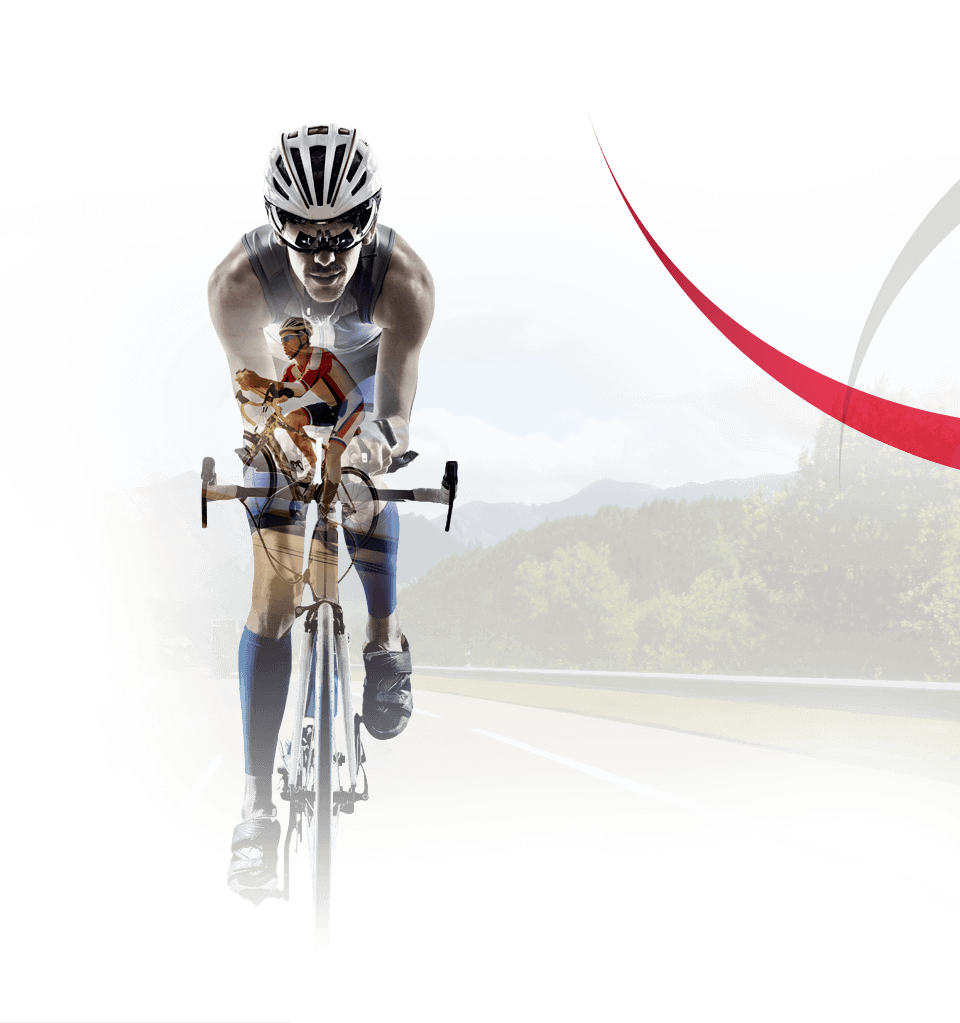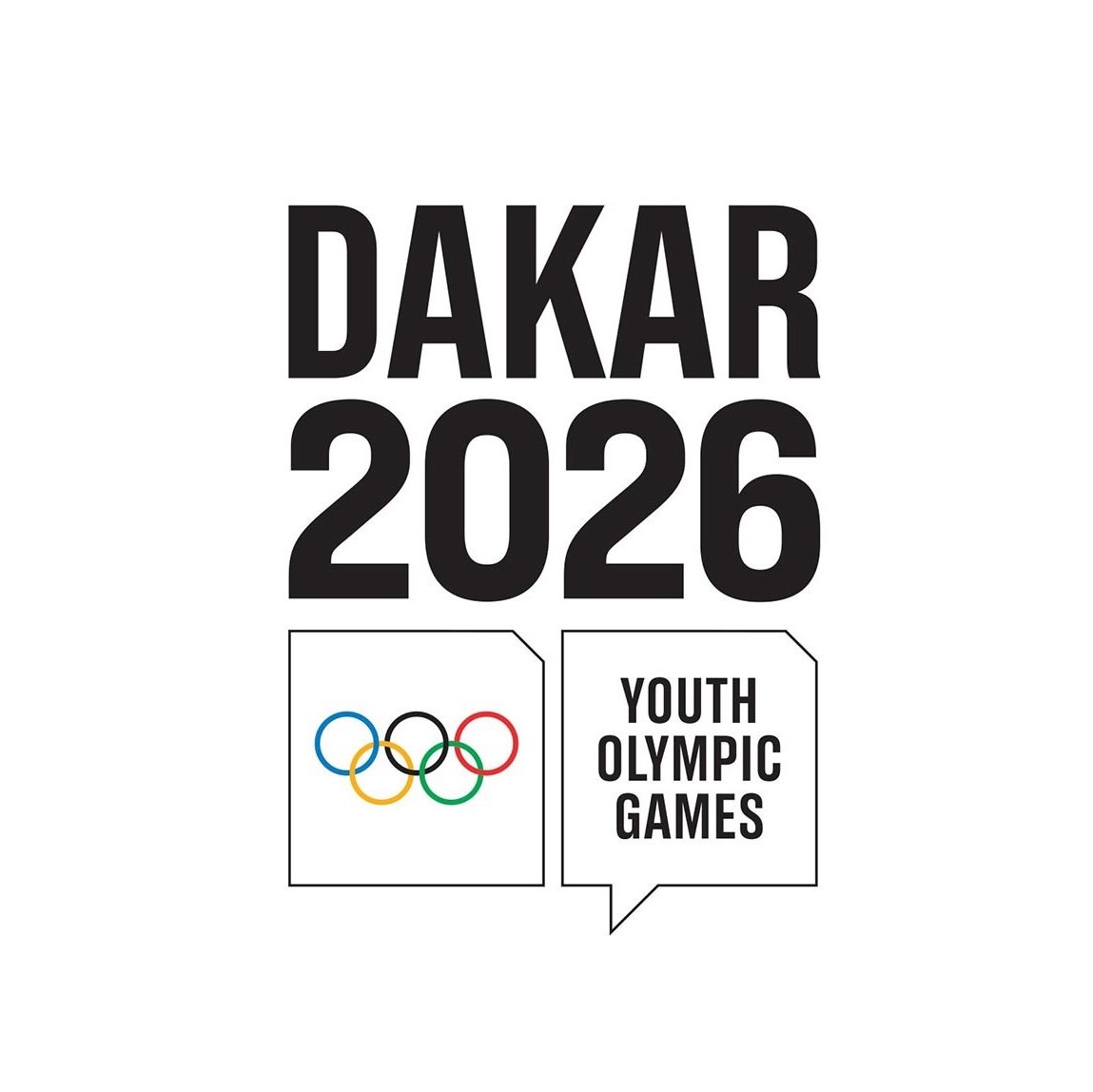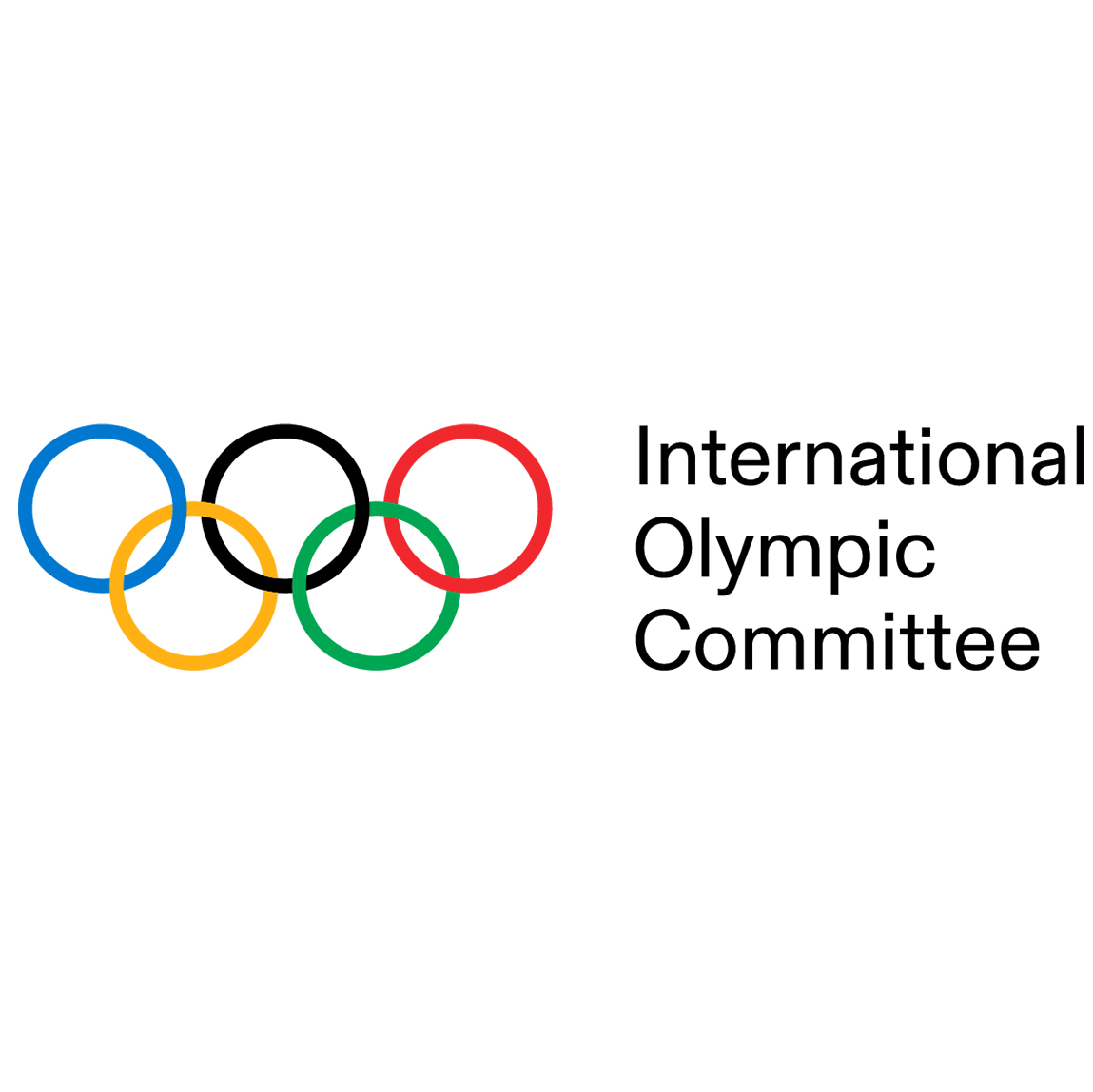
The most complex logistical operation in history of Brazil Olympic Committee’s Olympics Preparations
The first Brazilian athletes to make it to Tokyo will only arrive in the Games’ host city two weeks before the event’s beginning. For all of them to have the best training conditions on Japanese soil, the Brazil Olympic Committee needs to get everything ready well in advance. With that in, the entity took another important step in April: The NOC sent to Japan the last containers with sports materials and equipment to equip the nine Team Brazil bases, the Olympic Village, and the other facilities that will be used by the national delegation.
“Logistics is key in the Mission. We have made several trips to Japan to understand the best operation available. To give you an idea of this work’s complexity, we are taking 20 containers with all possible types of equipment. And, due to the pandemic, we still had to purchase new sanitary materials, such as masks and alcohol gel”, explains Marco La Porta, BOC’s vice president and Team Brazil’s Mission Chief in Tokyo.
Since the first operation to ship its materials for Tokyo 2020 to Japan in 2018, the NOC has successfully managed to deliver 20 containers from different countries like Spain, China, New Zealand to Japan. In the schedule, it is still planned to send Peak’s uniforms. Adding up all the items, there will be more than 20 tons of total weight. Among the sports equipment there are: boats and dinghies (sailing), tatamis for combat sports, punching bags, bodybuilding equipment, and weightlifting training materials.
“On one of the visits to Japan, we also identified that the gyms were well equipped, but primarily aimed at the local community. And we needed high-performance materials at our bases. That’s why we are bringing strength devices,” says La Porta.
The number of items sent to Japan has grown even more because of the pandemic. Prioritizing the Brazilian delegation’s health, BOC acquired 68 thousand disposable masks, 12,500 disposable TNT shoes, 400 alcohol sprays, and 250 aprons, among other products.
“Under normal conditions, the Tokyo Olympic Games would already demand us a great challenge regarding time zone, climate, and food. But the pandemic has made the operation’s complexity even greater. Besides all the structure offered, we have to protect our athlete, reducing the risk of contamination by the coronavirus,” says La Porta.
Uniform distribution
One of the operations that had to be completely changed because of the pandemic was the uniform distribution. Previously, athletes and officials would travel to one of the bases, receive their materials, and make the necessary exchanges. Now, each delegation member will inform their size in advance and receive the uniforms directly in their rooms, in a suitcase. This will reduce the number of exchanges and also the risk of contact between people.
Produced by Peak, the training, competition, and podium uniforms will be shipped directly from China to Japan in three containers. A BOC team will be responsible for receiving this material and making it ready for the athletes.



























